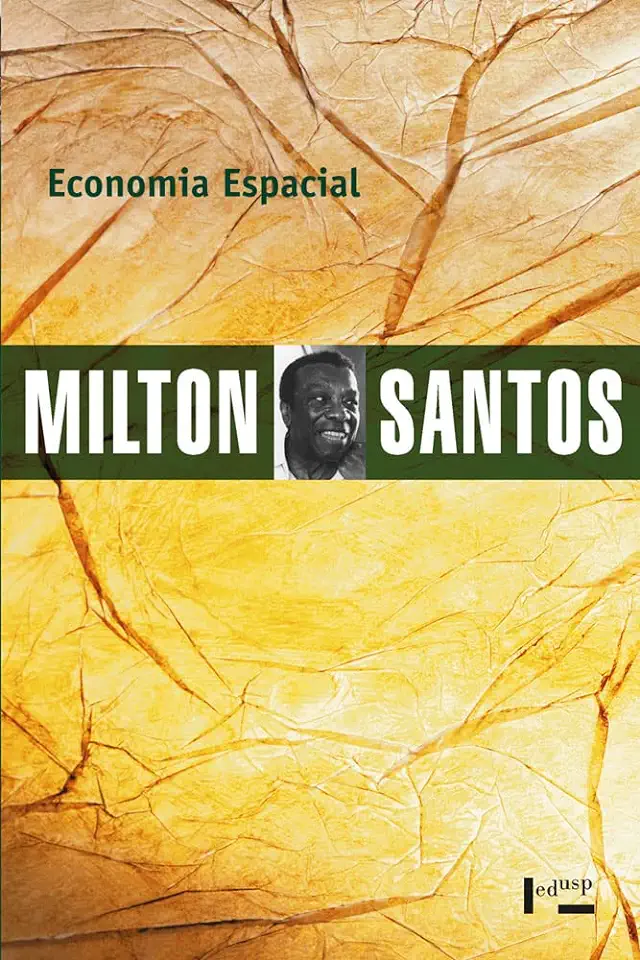
Spatial Economy - Milton Santos
Spatial Economy: A Pioneering Work in Human Geography
Introduction
In his seminal work, "Spatial Economy," renowned Brazilian geographer Milton Santos presents a groundbreaking analysis of the relationship between space and economy. Santos argues that space is not a neutral container for economic activity, but rather an active force that shapes and is shaped by economic processes. This innovative perspective has had a profound impact on the field of human geography and continues to inspire scholars and policymakers alike.
Key Concepts
Space as a Social Product
Santos argues that space is not a natural or objective entity, but rather a social product that is constantly being created and recreated through human activity. He emphasizes the role of social relations, power dynamics, and cultural practices in shaping the spatial organization of society.
The Dialectic of Space and Economy
Santos argues that there is a dialectical relationship between space and economy. On the one hand, economic processes shape the spatial organization of society, creating patterns of production, consumption, and exchange. On the other hand, the spatial organization of society also influences economic processes, shaping the location of economic activity and the flow of goods and services.
The Uneven Development of Space
Santos argues that the spatial organization of society is characterized by uneven development. This unevenness is the result of the interplay of economic, social, and political forces. Santos highlights the importance of understanding the causes and consequences of uneven development in order to address social and economic inequalities.
Contributions to Human Geography
"Spatial Economy" has made significant contributions to the field of human geography. Santos's work has inspired new ways of thinking about the relationship between space and economy, and has led to the development of new theoretical and methodological approaches in human geography.
Theoretical Contributions
Santos's work has challenged traditional notions of space and economy, and has opened up new avenues for research in human geography. His emphasis on the social production of space and the dialectic of space and economy has provided a framework for understanding the complex relationship between these two fundamental concepts.
Methodological Contributions
Santos's work has also made important methodological contributions to human geography. He emphasizes the importance of using a variety of research methods, including qualitative and quantitative approaches, to gain a comprehensive understanding of the spatial organization of society. Santos also stresses the importance of interdisciplinary research, drawing on insights from economics, sociology, anthropology, and other disciplines to develop a more holistic understanding of human geography.
Conclusion
"Spatial Economy" is a must-read for anyone interested in human geography, economic geography, or the relationship between space and society. Santos's pioneering work has had a profound impact on the field, and his insights continue to inspire scholars and policymakers alike. This book is a valuable resource for anyone seeking to understand the complex relationship between space and economy, and to address the challenges of uneven development in the globalized world.